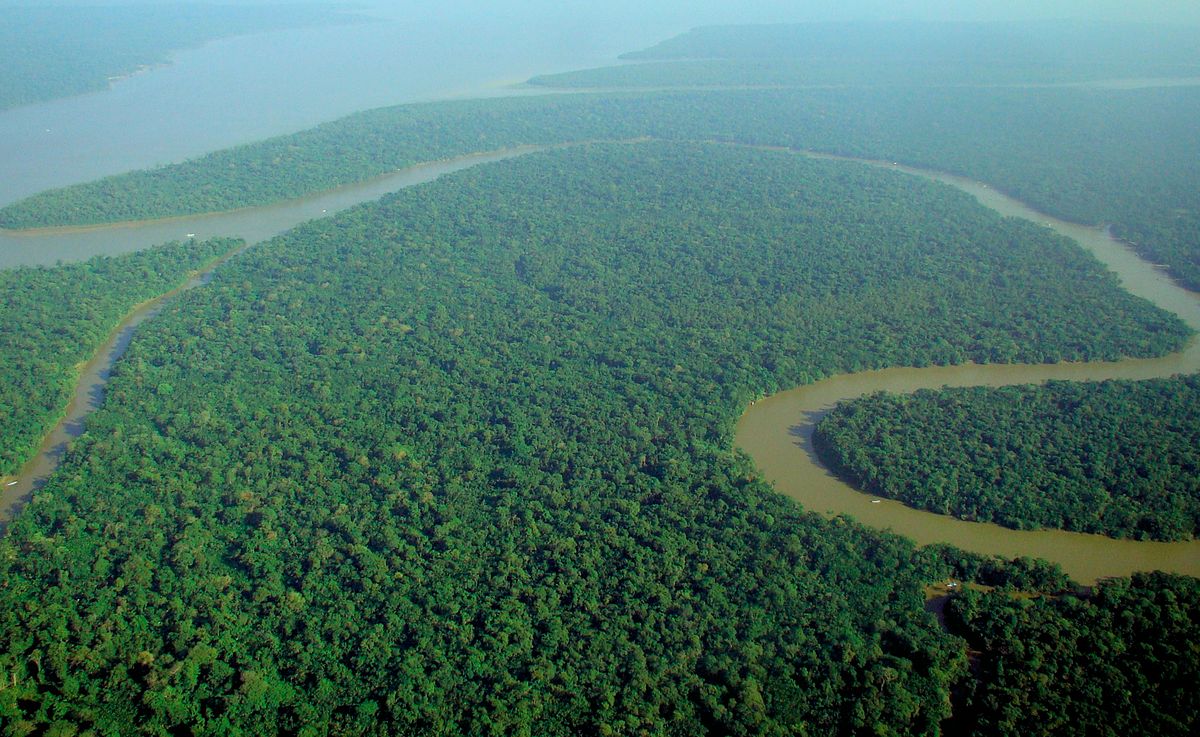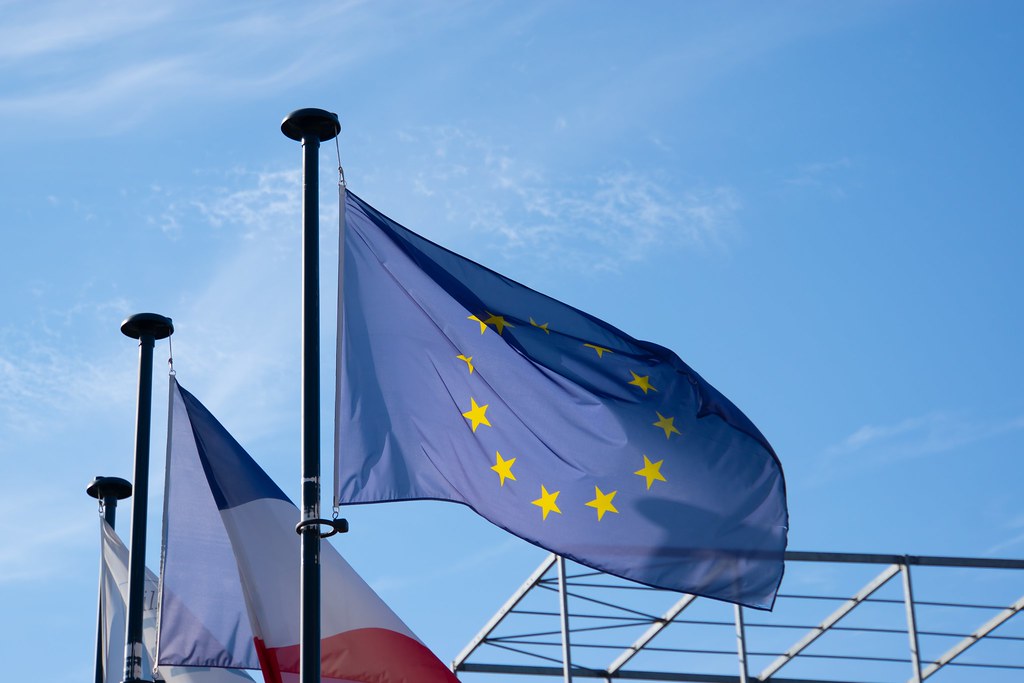
The EU climate commissioner said Brazil and Other Global South Nations Show Strong Interest in Carbon Markets. (Photo: Wikipedia Commons)
The European Commission is expected to unveil its 2040 climate target on July 2, aiming for a 90% reduction in greenhouse gas emissions from 1990 levels.
The proposal includes a controversial move to allow EU member states to use international carbon credits, with the goal of encouraging developing countries to participate in global emissions reductions. However, experts warn this could undermine domestic climate action within the EU.
Brussels mulls international carbon offsets from 2036
According to draft documents obtained by several media outlets, the Commission plans to allow member states to purchase carbon credits from international emissions reduction projects beginning in 2036. These credits, capped at 3% of total emissions, could be counted toward EU climate targets. The aim is to address residual emissions and accelerate progress toward net-zero.
EU Climate Commissioner Wopke Hoekstra argued that developing nations are eager to access European financing for activities like afforestation and forest restoration through carbon credit projects. “The planet doesn’t care about where we take emissions out of the air,” he stated, adding that countries across Africa, Latin America, and the Global South have expressed strong interest in participating.
Notably, the EU’s existing 2030 and 2050 climate goals require domestic action only. The draft framework explicitly excludes international credits from the EU market to prevent price distortion and maintain incentives for local emissions reductions.

(Photo: Stock)
Critics warn of weakened climate integrity
Environmental groups, however, are pushing back. Over 130 NGOs and experts, including Carbon Market Watch, criticized the proposal as a way for the EU to outsource its climate responsibilities to developing countries. They warned it could open a “Pandora’s box” of reliance on external, potentially low-quality carbon markets.
Hoekstra acknowledged past credibility issues with carbon credits, emphasizing the need for rigorous certification and verification mechanisms.
Gareth Redmond-King, International Lead at the UK-based Energy and Climate Intelligence Unit (ECIU), cautioned that “If a major emitter is not going as far as they could with emissions cuts, then the overall global ambition is lower than it could be.” He argued that using offsets to meet net-zero goals could weaken the EU’s credibility as a global climate leader.
According to Danish climate think tank Concito, if the EU imposes a 3% offset cap and only allows the purchase of high-integrity credits with long-term carbon storage potential, the total cost could reach €46 billion (approx. USD 54.2 billion).
The draft must still be debated by the European Parliament and member states. France may push to decouple national targets (NDCs) from the EU-wide goal, and has reportedly supported raising the international offset limit to 5–10%. Key unresolved issues include whether the credits will be procured by individual states or by the Commission, and whether the funding will come from national budgets or EU’s central funds.
Source: The Guardian, Politico(1), (2)
.jpg)


